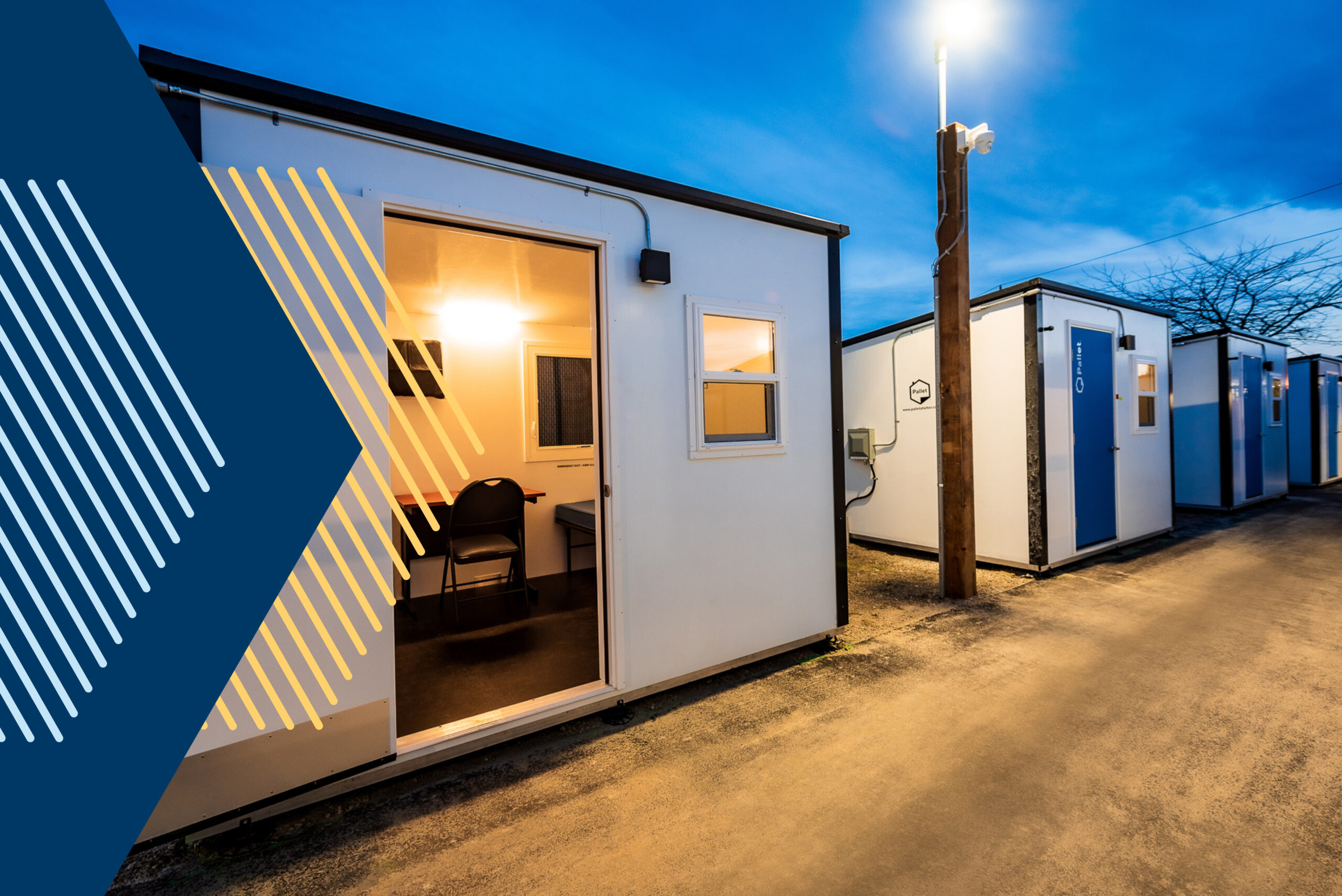Can People Experiencing Homelessness Vote?
October 7, 2020
As another national election approaches, Americans are preparing to head to the polls and vote. Most American citizens over the age of eighteen are entitled to vote in both federal and state elections. But if you’re experiencing homelessness, can you vote? Yes, you can!
Every vote is important, including people who are experiencing homelessness. For example, consider some of the closest elections in American history, such as the 2000 election where George W. Bush narrowly won the Electoral College vote from Al Gore, or the 2016 election where Hillary Clinton narrowly lost the Electoral College vote to Donald Trump.
Each vote cast in an election may not individually be the difference between one candidate or another, but as part of a group, a collection of votes can be highly influential. And people experiencing homelessness represent a very large group of more than half a million people!
You can vote in United States elections if you:
-
Are a US citizen
-
Meet your state’s residency requirements (you can be experiencing homelessness and still meet these requirements)
-
Are eighteen years old on or before Election Day
-
Are registered to vote by your state’s voter registration deadline
If you have any questions about your ability to vote, you can contact your local election office to verify and ask questions specific to your location.
Do People Experiencing Homelessness Want to Vote?
The short answer is yes, and in many ways, voting is an opportunity for this population to connect with their community when so many other options for connection are limited. According to the National Coalition for the Homeless:
“Our experience is that clients want to vote and do vote if barriers to their exercising this basic right are removed. Studies show that 70% of those registered to vote by volunteer efforts in welfare and food stamp offices actually go to the polls and vote in presidential elections. Low income people are no more or less interested in politics than anyone else. Please don’t let your attitude be a barrier. Our clients are often disconnected from community life. Voting helps them reconnect with their community in a positive way. “
But low income voters and people experiencing homelessness have historically been one of the most poorly represented groups of votes in America. Just look to the 2016 election for example:

According to ECONOFACT, “voter turnout in the United States is vastly unequal: richer people are more likely to vote than poorer people. If the poor are less likely to vote then they have a lower probability of having their interests and preferences reflected in public policy.”
That’s a problem, because votes should represent the voices and interests of all populations that elected leaders work to serve. When you cast your vote, you choose elected leaders who will represent you. These elected leaders introduce policies that have lasting impacts on important systems in America such as the housing system.
People who are experiencing homelessness should vote, because they have unique experience in what is needed to create a more equitable housing system. If you’re experiencing homelessness and want to vote to make your voice heard, follow the simple steps below to ensure you’re ready by election day:
How to Vote
-
Check Your Voter Registration: Click here to check your voter registration
-
Register to Vote: If you aren’t yet registered to vote, click here to find out how to register
-
Find a Polling Place: Click here to find a polling place near you, and find out if you need to bring a form of identification with you
-
Vote: Go to your nearest polling place to cast your vote (ask for help if you need it!)
Don’t have a mailing address? You can still register to vote! When you register to vote, it is recommended that you list a shelter address as your voting address where you could receive mail.
Help Others Vote
If you’re adequately housed, you can take steps to help your neighbors experiencing homelessness to vote in an upcoming election. Here are a few suggestions:
-
Help these neighbors find access to shelter, which can be used as their mailing address (important for voter registration)
-
Connect these neighbors with social services and case management providers, who may be able to provide transportation on election day
-
Offer these neighbors transportation to a nearby polling location (and transportation back)
-
Do not register these neighbors on behalf of any political party or candidate, instead allow them to choose their own political party or candidate
-
If you’re a social services provider, offer optional voter registration services as part of your intake process



